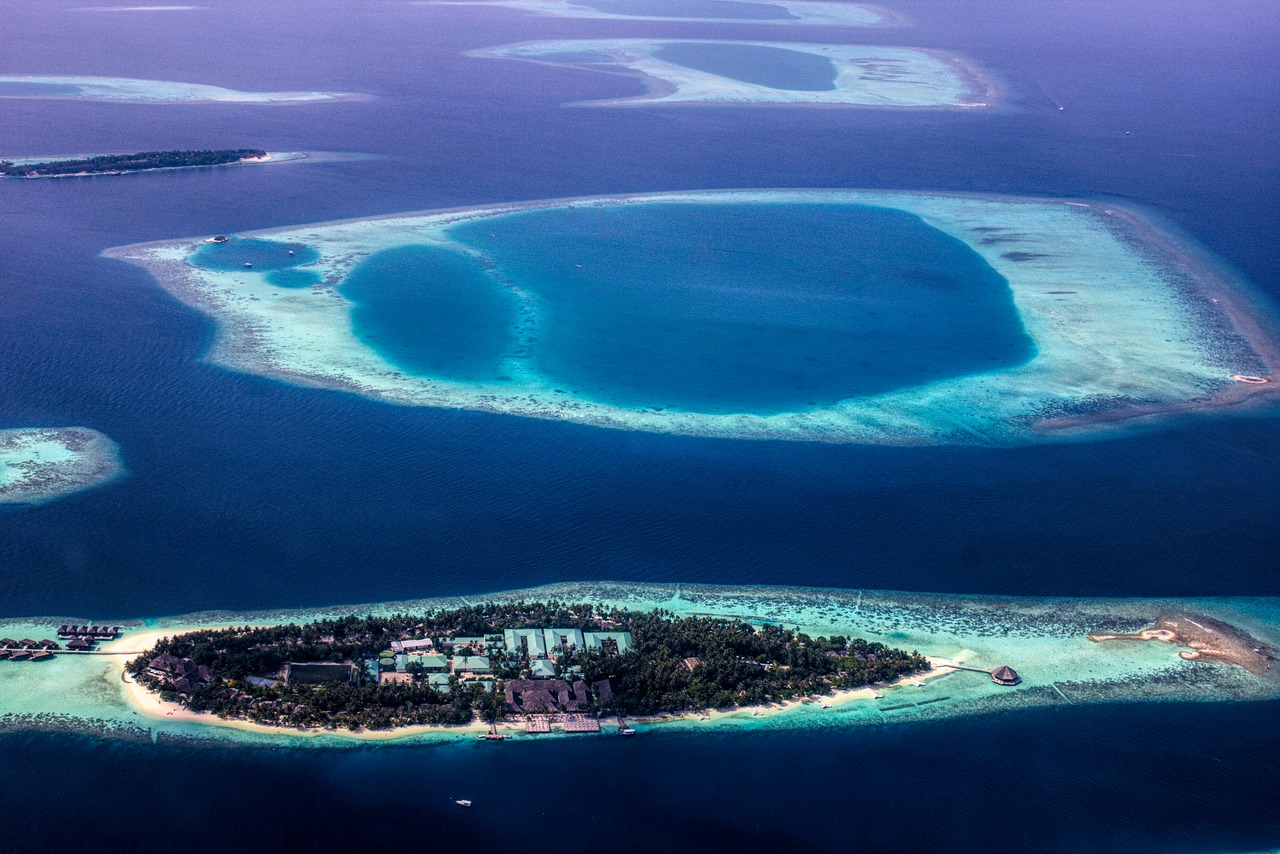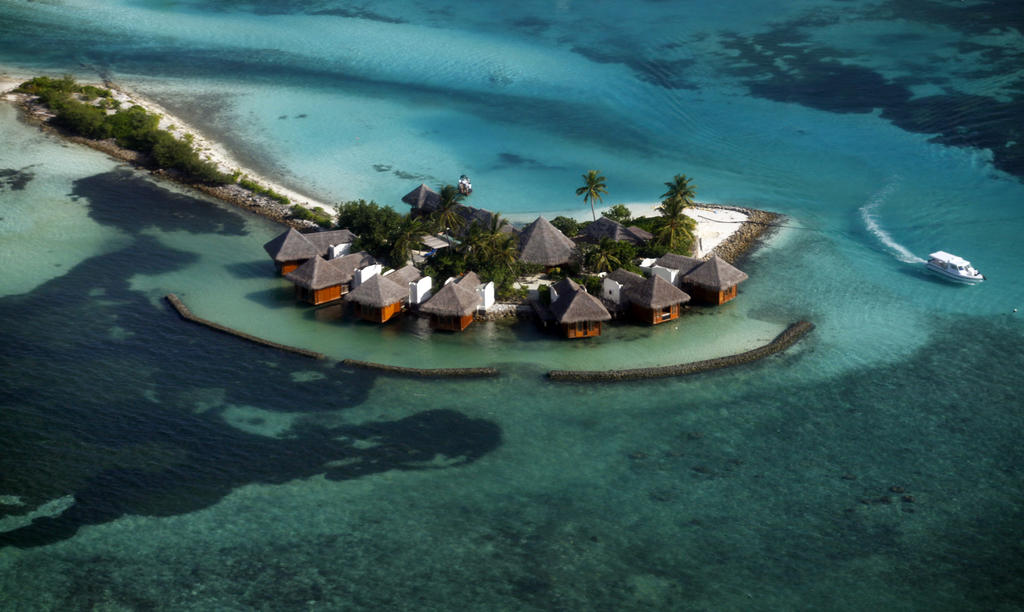

All of Maldives 26 low-lying atolls could be among the first victims of sea-level rise. With a half-metre rise in sea level potentially making 200 of Maldives' islands uninhabitable, the new government has decided to take action to steer the country to follow a low-carbon footprint in lockstep and developing more hotels.
In its recent Tourism Master Plan, the Ministry of Tourism (MoT) assured that the tourism sector has a strong interest in helping the agencies responsible for environment and conservation, both for the sake of the tourism industry itself, as well as for the sake of future generations of Maldivians.
Being a signatory to the UN's Sustainable Development Goals that aim for responsible consumption, climate action, poverty elimination and other global targets by 2030, the Maldives has its initiatives chalked out now, especially because of the COVID-19 catastrophe severely hitting the tourism sector of Maldives.
Incidentally, Maldives derives 30 per cent of its GDP and 90 per cent of its tax revenues from tourism. Due to the coronavirus outbreak, Maldives closed its borders in March and announced its intention to recommence its tourism in July. But, with the crisis persisting, the forecast shows that the decline in tourist arrivals will be in the range of 50-63 per cent for 2020.
However, prior to COVID-19, the MoT had drafted policies on following issues: its 2012-17 plan recommended everything from more environmental education, improving waste management, developing regulations for marine ecosystems, a responsible visitor programme to raise awareness and reduce energy consumption, switching from imported fossil fuel to renewable power and incentivising sustainable investment.
Fortunately for the Maldives, it is getting some help from the country's 130 luxury resorts and five-star hotels, with 25 more under construction. However, though carbon neutrality may be a challenge from private jets and diesel travel between islands, sustainability is not necessarily out of reach.
Apparently, in recent years, more and more hotels in the Maldives are open to investing in solar panels. Hotels also generate their own electricity through shipped-in diesel, which becomes very expensive. Meanwhile, hotel operators are being advised on how to implement sustainable practices.
The consumers are reportedly demanding sustainability along with their luxury, and they're willing to pay a premium for it. As hoteliers (operators and owners) become more aware of sustainability, and with growing demand from guests, Maldives will continue on the sustainable path.
Maldivian hotels are aiming for the elimination of single-use plastic bottles through self-bottling and also boast conservation and biodiversity initiatives. To minimise their carbon footprint, some resorts are powered by ultra-filtration and reticulation plants that produce 155,000 litres of water each per day.Besides their waste reduction schemes, a few resorts have designed diesel plants, island clean-ups and abandonment single-use plastics. Also, the interiors of their villas have been designed using upcycled and recycled materials.
Solar installation, designed to save 300,000 litres of diesel fuel annually, preventing 800 tonnes of carbon dioxide emissions are also widely utilized by some resorts. This takes them closer to reaching their eventual goal of becoming carbon neutral. Apparently, some new hotel projects have been built using sustainably sourced materials, have integrated solar panels, and uses desalinated seawater.
With all the efforts towards sustainable tourism, Maldives' Ministry of Tourism (MoT) says international arrivals increased every year from 2011 to 2018 and plans to boost the numbers to seven million from the current 1.5 million by 2028. Luxury hotels are a crucial part of those plans.

